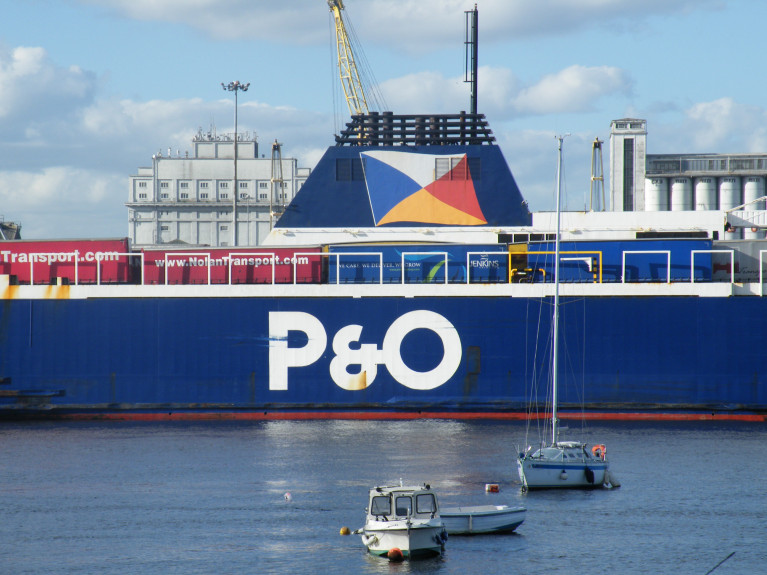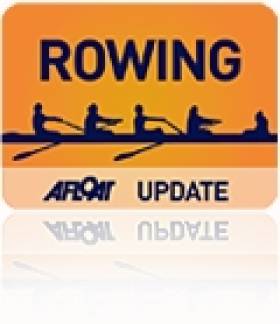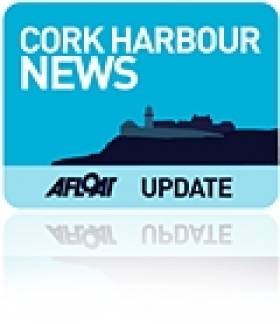Displaying items by tag: deadline
Deadline Given to P&O Ferries to Reemploy Sacked Workers
The chief executive of P&O Ferries has been given "one final opportunity" to reemploy sacked staff on their previous salaries by Transport Secretary Grant Shapps.
As BBC News reports, in a letter, Mr Shapps again urged Peter Hebblethwaite to reverse his decision to sack 800 seafarers.
If not, he said the government's plans to make it illegal for ferry firms to pay less than the minimum wage, would likely force him to do so.
Mr Shapps also repeated his call for the P&O Ferries boss to quit.
P&O Ferries prompted outrage on 17 March when it announced that it would be replacing staff immediately with agency workers paid less than the minimum wage.
"A reversal at this point may also go some way in starting to repair your firm's reputation," the transport secretary wrote, accusing Mr Hebblethwaite of leaving it in "tatters".
Mr Shapps also suggested that company dropped a 31 March deadline given to staff to respond to redundancy offers.
Mr Hebblethwaite admitted last week that his decision to sack 800 workers without consulting unions first broke the law. However, he said no union would have accepted the plan and it was easier to compensate workers "in full" instead.
More on the ferry crewing dispute story here.
Rowing Ireland Rule Change EGM Cancelled
# ROWING: Rowing Ireland’s rule-change egm, set for January 12th, has been cancelled. The proposed changes to rules will now come before the agm of Rowing Ireland on March 31st. The decision was made for reasons of efficency and in order to minimise the number of national meetings, according to Frank Coghlan, the Honorary Secretary of Rowing Ireland.
Clubs will now be able to propose changes until a deadline of March 3rd.
Haulbowline Toxic Waste Site Will Be Cleaned Up by 2014 Says Govt
#CORK HARBOUR - The Government has finally set a deadline for the clean-up of the toxic waste site on Haulbowline Island in Cork Harbour, under threat of massive fines from the European Commission.
RTÉ News reports that a two-and-a-half year deadline has been set to complete the sanitation of the illegal dump on the island at the site of the former Irish Steel/Ispat plant.
Some 500,000 tonnes of waste, including toxic heavy metals and cancer-causing materials, have been blamed for the area's notoriety in having one of the highest cancer rates in Ireland.
As previously reported on Afloat.ie, in October last the Government signed off on a €40m package to begin clean-up of the toxic waste site on the island.
In an editorial yesterday, the Irish Examiner welcomed the Government's decision, but emphasised it was long overdue.
"[It] cannot dispel the great frustration that it has taken so very long to do what should have been done years ago," the paper said.
"To this day nobody has explained how an illegal dump of this scale was allowed to develop on a site that is not exactly secluded, remote or out of the public eye - it is, after all, just next door to the country’s main naval base."
The Irish Examiner also reports on worries that the toxic waste may never be fully removed from the island, but rather sealed off and made impermeable.
Minister for the Marine Simon Coveney was quoted as saying: "This whole clean-up plan will be peer reviewed so it’s best practice but it could be better to contain the material onsite rather than remove it.
"We will be doing all that is reasonable to ensure the site is safe."


























































